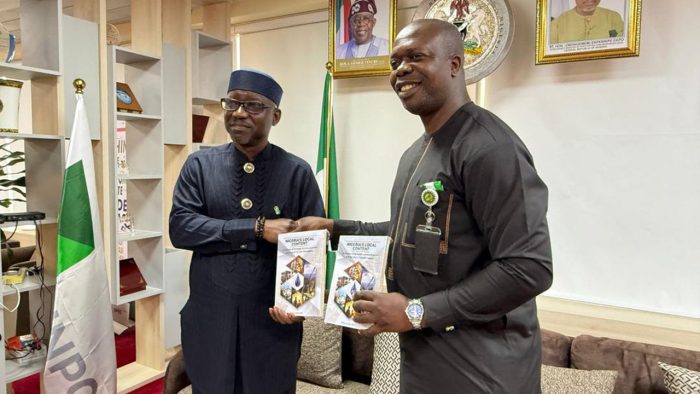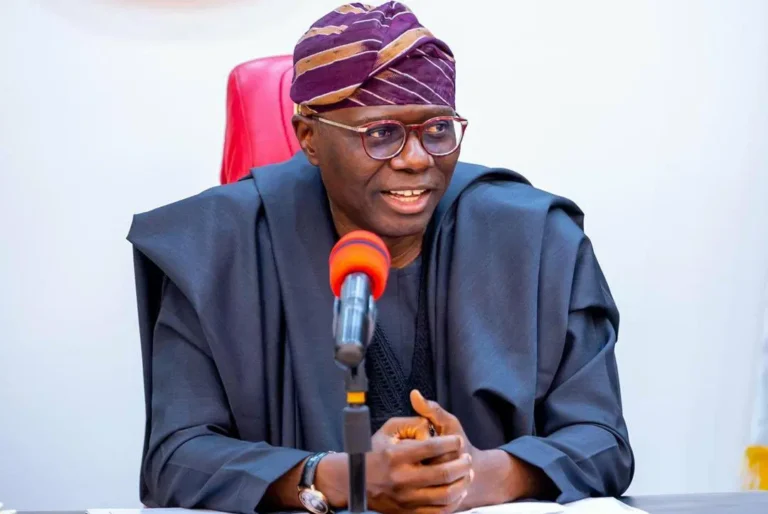
The ECOWAS Commission has assured that funding would not delay the 1028km Abidjan-Lagos highway corridor as construction of the project begins in 2025.
Chairman of the steering committee and Nigeria’s minister of Works, David Umahi made the disclosure at the 21st steering committee meeting of the Lagos-Abidjan corridor highway development project in Lagos.
Umahi said the project was initiated in 2013 which was about 11 years ago, but Covid-19 pandemic caused a three-year delay despite having several funding partners, especially, the African Development Bank(AfDB) that have been part of the process.
According to the Committee chairman, the steering committee are meeting to abridge the gaps of the project that started in 2013, saying, “today, we will able to set a timeline for the project, we won’t have problems about funding because they have indicated very strong interest and commitment towards the realisation of this project. Let me say this project is very important to member nations and to Nigeria, we have four legacy projects totalling 2.800 kilometres, the Lagos-Calabar coastal highway, 2 carriage way and each is 3 lanes with facilities like CCTV cameras to be installed in all the stations along that corridor and it will be tolled.
“Other three ongoing legacy projects include; Sokoto-Badagry which is situated by the Lagos-Abidjan highway, Calabar-Abuja is another 477 kilometres as well as Abuja-Akwanga which passes through Jos and Bauchi is another 489 kilometres totalling 2,800 kilometres.”
Reacting to the issue of Treaty signed by member states, Umahi said, there was a conflicting issue on the nomination of coordinating agency, such as Abidjan -Lagos Corridor Management Authority (ALCOMA), adding that, there have been an agreement after meeting at the ministerial steering committee where all the ministers of the five ministers of state met and be on the same page.
“The heads of member states ECOWAS, Côte D’Ivoire,Togo, Benin, Ghana and Nigeria have met to agree on the Lagos-Abidjan highway and the design of the ESIA design, conceptualisation, and funding mechanism. We are going to listen to the committee of experts in terms of designs, we finalise the design and we set the goal for procurement or probably in our next meeting. We are going to issue communique on what we agreed after today’s meeting,” he stressed.
While making a statement on the objective of the project, the minister of Roads and Highways, Ghana, Francis Asenso-Boakye said, the road infrastructure was to connect communities with trade,tourism and social life, reiterating the member States’ commitment to accelerate socio-economic development and boost inter regional trade.
“Countries like the United States started their economic boom because they are able to connect individual states through highways. This is why we are trying to connect our own highway. The highway project helps to accelerate socio-economic development. When this project is realised, it is going to transform economic growth among the connecting countries” he concluded.
The highpoint of the event were presentation of technical designs by the experts committee which is made up of engineers from all the five member countries, review of project designs by ministerial steering committee as well as technical advice from the African Development Bank(AfDB), among other financiers.
SOURCE: LEADERSHIP




